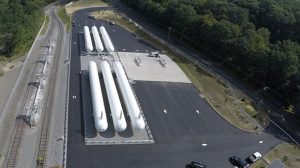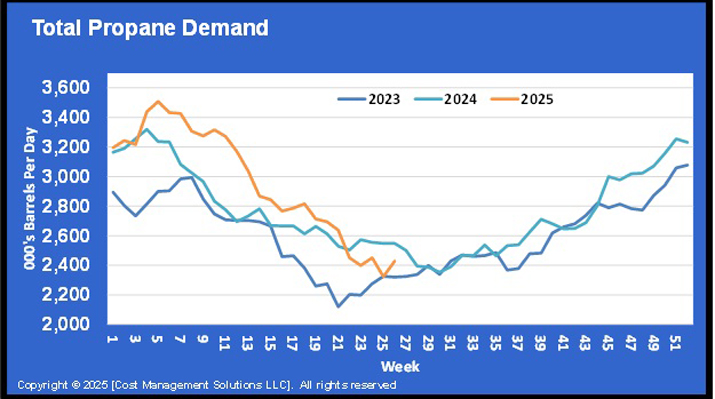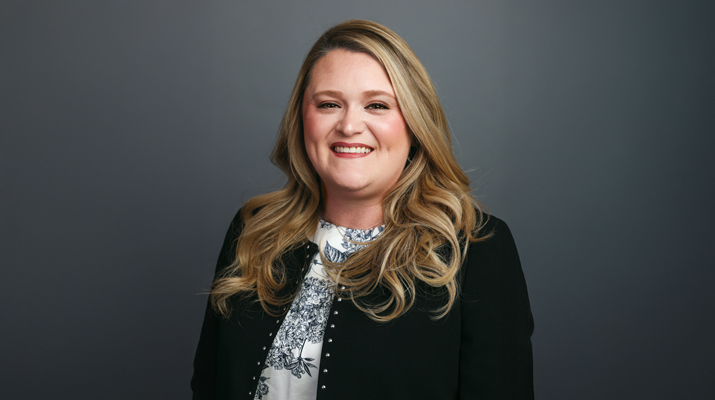A Propane Profile: Wood Mackenzie’s Anne Keller
Anne Keller has worked at Wood Mackenzie, a global energy research and consultancy, for the past five years. She currently serves as research director, NGLs and is based in Houston.
Prior to her time at Wood Mackenzie, Keller founded and built a midstream consultancy called Midstream Energy Group. With a background in finance, she has spent the last 30 years in the energy sector.
Keller grew up in tiny Wynnewood, Oklahoma, where she was introduced to propane at an early age. Years later, she would launch her energy industry career with ConocoPhillips, serving for a time as a supply manager for the Southeast U.S. propane marketing group.
As the propane industry enters into the heart of another heating season, LP Gas caught up with Keller for some market insights.
LP Gas: Can you tell us about your roots in the propane industry?
Keller: These roots run deep – my uncle made the propane at the refinery, my dad drove a propane route for our local retailer when I was little, and we lived on a farm so propane was our primary fuel. I can say I’ve lived it from the wellhead to the water across all the jobs I’ve had since.
LP Gas: How have those early experiences led you down your current career path?
Keller: I was fortunate to start my professional career while the conventional oil boom was underway – and able to have fantastic mentors who were willing to let me follow them around and ask questions in the field. That patience and concern about the next generation is one of the things I really like about this business.
LP Gas: What’s a normal day like for you?
Keller: I’ve traded IM (instant message) and the phone for a “crystal ball,” going from scheduling and trading propane to forecasting supply and prices, so I spend more time with spreadsheets and less on the road. Since I don’t have to be in the market every day because I do seasonal and long-term forecasts, I have more time to read about the industry. But I try to get to the field every few months to see what’s going on, and was able to go to the World LPG Association conference last time it was in the U.S. What a great group!
LP Gas: Tell us about that crystal ball. What should propane retailers expect from supply and pricing this winter?
Keller: For this winter, it looks like supply will be adequate other than possibly at Mont Belvieu itself if winter in Asia is bad. I haven’t seen any weather stats that say it will be, but that’s where the demand pull would likely be from this year. The tightening in prices in relation to WTI (West Texas Intermediate) to a point over energy equivalent value this year caught a lot of us by surprise, and to me it indicates that growth in the residential/commercial sector outside the U.S. has been stronger than initially expected. The ceiling price for that market might be closer to parity with imported LNG or kerosene at the destination, which could be what’s pulling the bid up. But with more production coming on here and downward movement in crude prices, I’d expect to see prices ease a bit into year end, with the possibility of a late-winter spike in February if the weather turns cold.
LP Gas: What are the biggest trends you’re seeing in the propane industry?
Keller: I’m excited about how propane can help in the effort to “decarbonize” our energy base by replacing biofuels and other heavier hydrocarbons like kerosene with clean-burning, portable fuel for more people in more applications, including power and marine fuel. Here in the U.S., the No. 1 trend is, of course, how switching from being a net buyer to the world’s No. 1 supplier has changed how we view our markets and manage risk for seasonal supply.
LP Gas: What do propane retailers need to know about the current energy environment in which they’re working?
Keller: The old rule of thumb to “buy the last winter” when planning for supply has taken a beating. In a landscape where the supply chain is undergoing so much change, you have to stay on top of ways to manage both physical and financial risks.


















